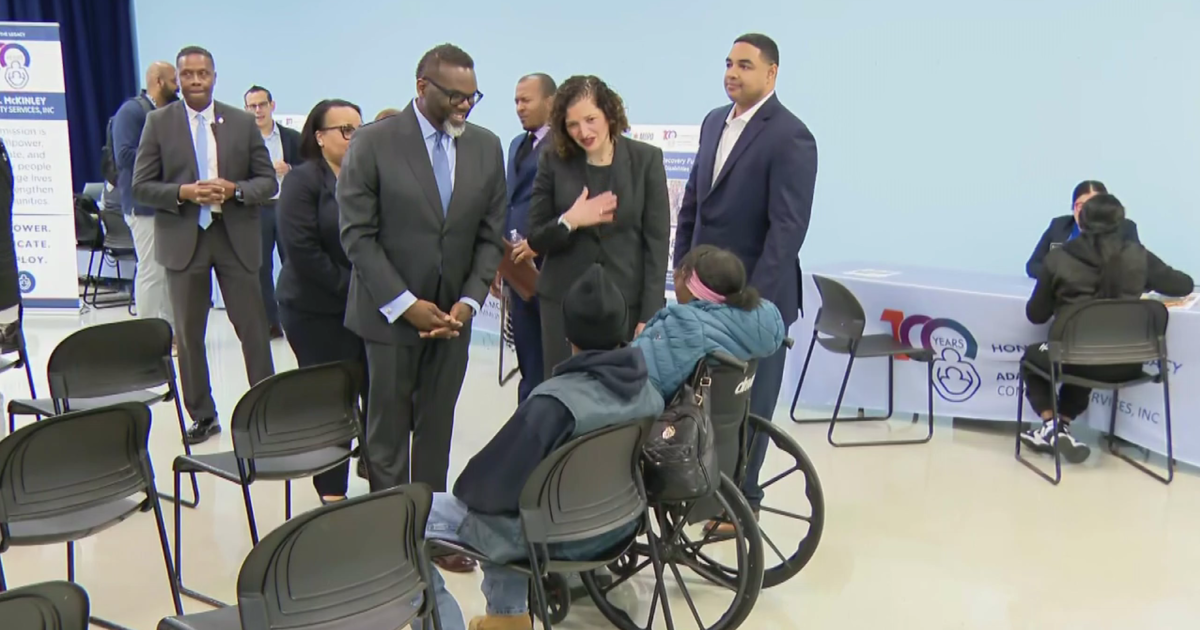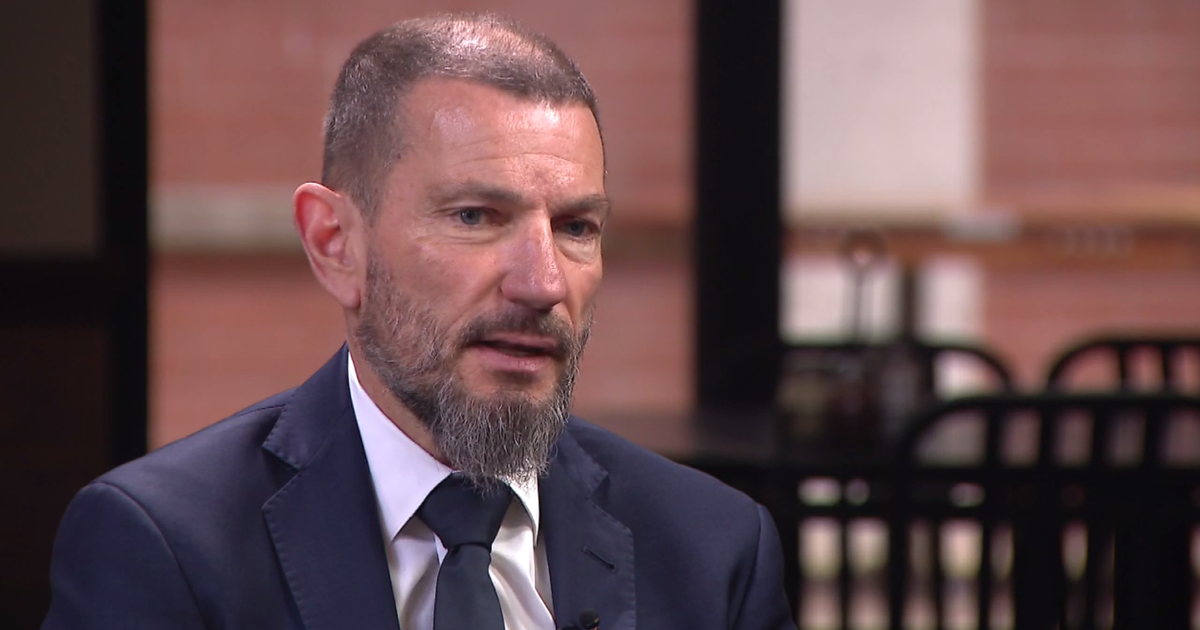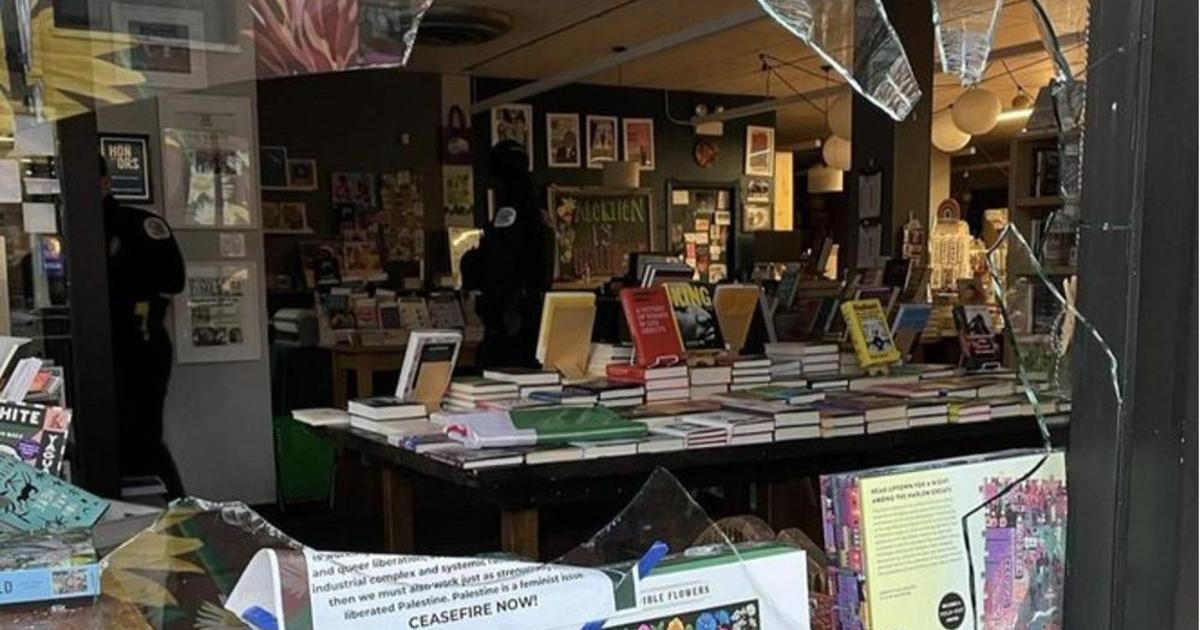City Council Approves Mayor Lori Lightfoot's 2022 Budget Plan, With Support Of Most Progressive Aldermen
by Todd Feurer, CBS Chicago web producer
CHICAGO (CBS) -- Despite claims from some of her most vocal critics that her 2022 budget plan is "grossly out of balance," and fails to save taxpayers hundreds of millions in taxes by eliminating thousands of vacant positions, Mayor Lori Lightfoot's $16.7 billion spending plan sailed to easy City Council approval on Wednesday.
The City Council voted 35-15 to approve the mayor's spending plan, 32-18 to approve a $76.5 million property tax hike, and 32-18 to approve the rest of her financing plan.
After her budget plan was approved, Lightfoot later called it "truly the most progressive and forward-looking budget in our city's history."
The mayor also declared "Chicago is on an economic comeback."
"We are on the road to recovery, with revenue beginning to return, companies choosing to build or expand here in Chicago," she said.
It was much smoother sailing for the mayor's budget plan than last year, thanks to her decision to agree to demands from members of the council's Progressive Caucus to boost funds for various social service programs – including direct cash assistance for thousands of needy families, increased mental health services, increased affordable housing, and more programs to help the homeless.
"Because of progressive Chicagoans, and a progressive multi-racial working class movement, this budget includes significant investments in the things that we need today," said Ald. Carlos Ramirez Rosa (35th), a senior member of the caucus.
The mayor's spending plan is funded in part by a $76.5 million increase in the city's property tax levy for 2022. That includes a $22.9 million automatic hike tied to the consumer price index, which aldermen authorized last year; another $25 million to help fund the mayor's $3.7 billion capital plan for next year; and $28.6 million in tax revenue to be collected from new property.
The mayor's office has said the property tax hike will cost the average owner of a $250,000 home an additional $37 on their annual property tax bill.
Lightfoot's budget also calls for the use of $385 million of the $1.9 billion in federal stimulus funds given to the city to help plug the city's 2022 budget hole, as well as $782 million towards the city's 2021 budget shortfall, and $152 million to replace lost revenue in 2023.
The budget plan also includes the creation of a new subcommittee of the Budget Committee to oversee spending of the city's $1.9 billion Chicago Recovery Plan, which is being financed with $1.2 billion in federal relief funds and $660 million in new borrowing.
The mayor's Chicago Recovery Plan includes helps boost funding for affordable housing programs, arts and culture investments, mental health services, violence prevention initiatives, environmental justice programs, youth services and jobs, services for the homeless, and other social service programs.
The mayor's spending plan also includes a $31.5 million guaranteed income program that would provide $500 checks to 5,000 needy families in Chicago. The Lightfoot administration has yet to outline the specific qualifications for the program.
Lightfoot called the guaranteed income program "a moment of pride for our city," and shrugged off concerns from some critics that it would simply increase lower-income families' dependency on government assistance.
"Of course we need to teach people how to fish, but right now in this moment, with so many people suffering in pain, and worried about financial ruin, this is what we must do to make sure that these families don't slip into an abyss," she said. "Being able to provide a monthly stipend can make all the difference for a household that needs just that much more to be restabilized and be positioned to move forward."
The budget also includes two pilot programs to help ease the burden of traffic and parking tickets on low-income drivers.
Under the mayor's plan, people who can show they can't afford to pay off a mound of ticket debt will have the opportunity to pay off their most recent tickets, and have the rest of their debt forgiven. They also will be able to qualify for a program to have the cost of their tickets cut in half.
In addition, anyone in Chicago will be able to qualify for a "fix-it ticket" program for simple compliance violations like missing city vehicle stickers, giving them one last chance to buy the sticker they need and having their ticket forgiven if they buy the sticker within 30 days of getting a ticket.
Ald. Walter Burnett (27th) called the mayor's spending plan "a very holistic budget."
"You dealt with homelessness in this budget, you dealt with housing in this budget, you dealt with mental illness in this budget, you dealt with youth in this budget. Also, violence prevention; something that's very sorely needed more and more in our community to also help our police officers," he said.
To help win over support from progressive aldermen, Lightfoot also agreed to provide $6.3 million in funding to hire 29 more employees at the city's mental health clinics, increasing staffing by 72%.
Ald. Andre Vasquez (40th) praised the mayor and her budget team for working with progressive aldermen to make changes to her spending plan to boost spending on mental health services and affordable housing programs, as well as tree trimming efforts and other initiatives their constituents demanded.
"What we see reflected in this year's budget is the result of tense but productive negotiations with the Lightfoot administration. Once again, as we did last year, the Black and Latino caucuses, led by the Progressive Caucus, built a coalition together to come to the table. Our collective vision was clear: the funds provided by the federal government needed to be invested in the people of Chicago," he said.
Among the changes Lightfoot agreed to, the budget will expand the city's force of tree-trimming crews next year, increase funding for outreach by the office of Animal Care and Control, and will add more staff at the Department of Family and Support Services to increase homeless outreach services. The budget also includes $918,000 to end the city's chronic shortage of 96-gallon garbage carts.
The mayor's budget plan did not have unanimous support from progressive aldermen, however. Ald. Byron Sigcho-Lopez (25th) said there isn't enough funding for environmental justice programs, the homeless, social workers and nurses in schools, or trade and rehab programs.
He also accused the Lightfoot administration of prioritizing Wall Street over Chicago residents by spending hundreds of millions to pay off old debt, rather than further investing in social service programs.
"We should not pass a budget that requires public relations gymnastics to justify why City Council isn't fully investing in our communities that need it the most. We shouldn't need PR gymnastics to explain why we settled," he said. "We should pass a budget that offers more prevention than reaction. We should pass a budget that equitably taxes the rich and large corporations, so that we have a sustainable and a stable city."
Ald. Raymond Lopez (15th), one of the mayor's most consistent and vocal critics, said listening to some of his colleagues' praise for the spending plan, it seemed like "Christmas has come early," but he blasted the budget being approved as a "$16 billion spending spree."
"We have a budget that is grossly out of balance, yet again, masked in lies and paper, 600 pages long; a budget where, just like last year's budget, has thousands – 4,000 as a matter of fact – vacant positions that we're being asked to fully fund once again on the backs of our taxpayers, with no plan to fill them, just so this government can use that extra $300 million for cash flow purposes," he said. "Get ready for more of the same next year."
Lopez argued the city could have given Chicago taxpayers a $300 million tax break by eliminating all of the vacant positions in the budget. He also blasted the City Council's decision last year to approve automatic annual property tax hikes tied to the rate of inflation over the next 47 years, saying taxpayers aren't seeing their own pay go up every year to be able to afford higher tax bills.
He predicted a significant increase in inflation next year would result in an automatic property tax hike of at least $100 million in 2023.



